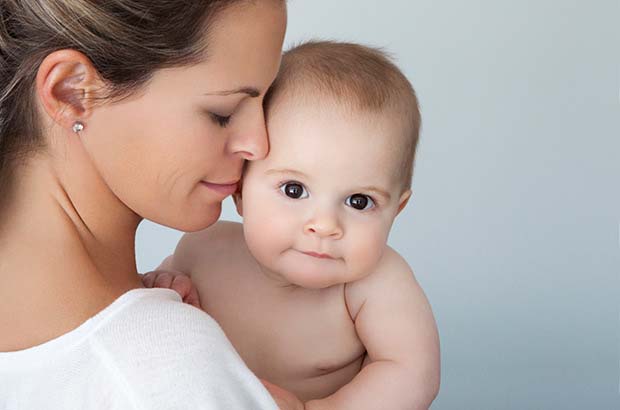
How Can Acupuncture Help Fertility?
Posted by Janice Long on 2022-12-26
There are numerous things that you can do to improve your fertility. These methods include acupuncture and herbal medicine, as well as other modalities that can increase the success of your pregnancy. Acupuncture and herbal medicine help sperm motility, ovarian follicle development, and pregnancy outcomes. They can also help your body return to its natural balance state.
Improves sperm motility
Using acupuncture to improve sperm motility is a relatively safe approach. In addition, acupuncture has been shown to increase blood circulation to the testes, which helps enhance spermatogenesis. However, a large-scale randomized controlled clinical trial must determine whether acupuncture effectively improves semen quality.
Sperm motility is a crucial indicator of male infertility. Low sperm motility can be due to many factors, including urinogenital infection, prostatitis, or undescended testicles.
Acupuncture has been used to help increase sperm concentration and improve morphology and quality. For example, in one study, electroacupuncture increased blood flow to the testicles and enhanced sperm motility.
Male infertility is a problem in about 1% of men. Unfortunately, the causes are difficult to pinpoint. One reason for low sperm count is smoking. Another is being overweight. Fortunately, lifestyle changes and a healthy diet can help.
Improves ovarian follicle development
Ovarian follicle development is a complicated process governed by several signaling pathways. A complex interplay between endocrine and autocrine signals characterizes it. FOXO3 plays a crucial role in regulating ovarian follicle growth and morphology during development.
However, alterations in the expression of FOXO3 have been reported in mouse models. In this study, ovarian follicles from female Tmco1-/- mice were analyzed. Results indicated that the ovaries of this mutant mouse exhibit aberrant follicle development. The number of primary and secondary follicles was reduced compared to wild-type ovaries, and apoptosis was observed.
These findings suggest that the ER stress response might affect aberrant follicle development in Tmco1-/- mice. As such, a new mouse model was developed. This model consists of an active allele of Hh SMO and a dominant active allele of Hh SMO-cre.
Improves pregnancy outcomes
Acupuncture has been shown to improve pregnancy outcomes, including increasing clinical pregnancy, and may also contribute to decreases in miscarriage rates. Nevertheless, the mechanism behind this needs to be clarified. The following review describes some of the studies that have been conducted.
This study aimed to evaluate the effect of acupuncture on endometrial receptivity and assess its potential to influence the outcome of IVF. Two groups were assigned: an observation group and a control group. After embryo transfer, a protocol was used to conduct acupuncture.
The number of acupuncture sessions was determined and recorded. Gn stimulation time was also measured. Results showed that acupuncture increased blood flow and reduced stress in the patients.
Acupuncture may be a safe and effective treatment to alleviate lower back pain and pelvic pain and reduce pregnant women's anxiety. Despite this, acupuncture remains controversial, and there are still questions about its effectiveness.
Reduces stress
Acupuncture may be an effective way to reduce stress and improve fertility. It has been used for thousands of years to treat various conditions. In particular, it increases blood flow to the ovaries, which can help a woman conceive.
The ancient Chinese practice of acupuncture was shown to be an efficient tool for reducing stress. By regulating the hormones that control the menstrual cycle, acupuncture can boost a woman's chances of conception.
Acupuncture is a growing medical practice. One in four couples is using acupuncture to conceive. This is because acupuncture has been found to increase the number of good-quality eggs, lower the risk of miscarriage, and increase sperm quantity and quality.
For women undergoing in vitro fertilization, acupuncture can reduce stress, increasing their chances of success.